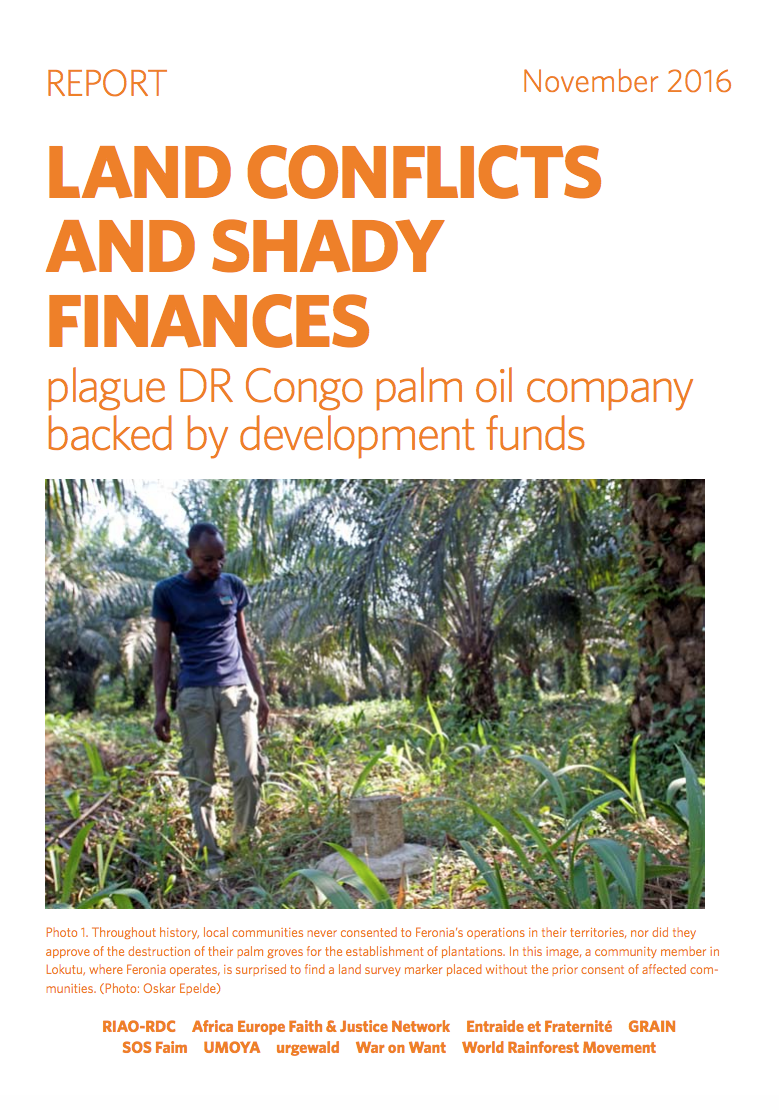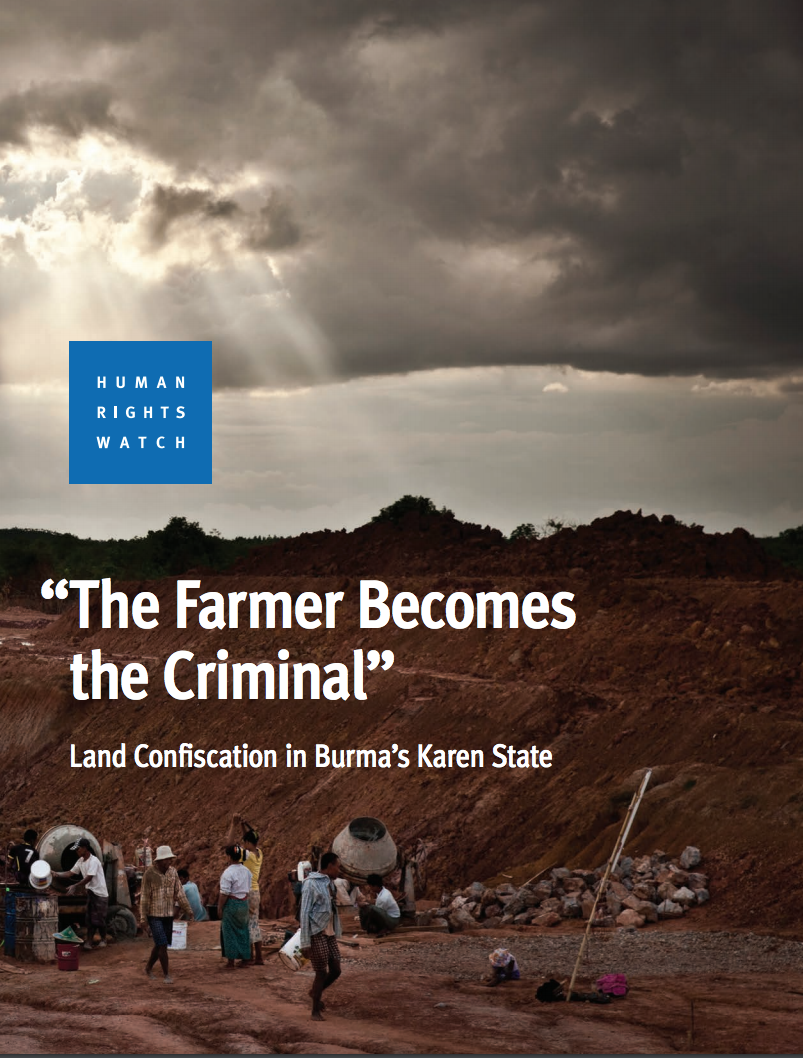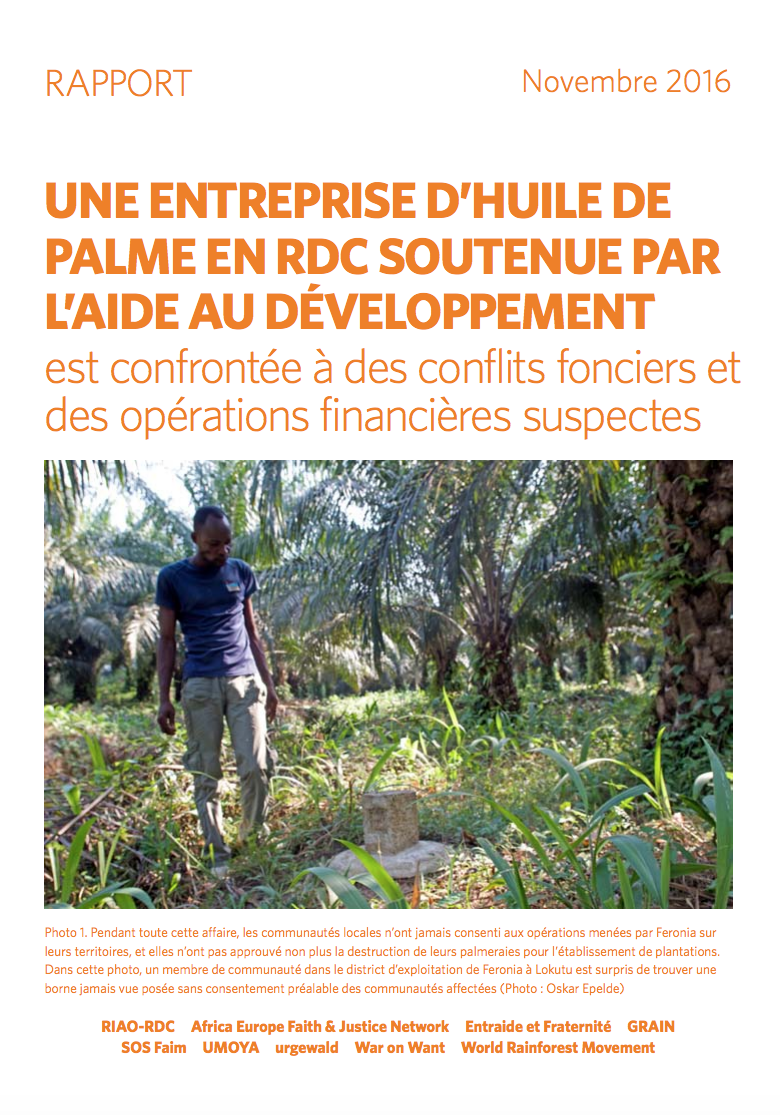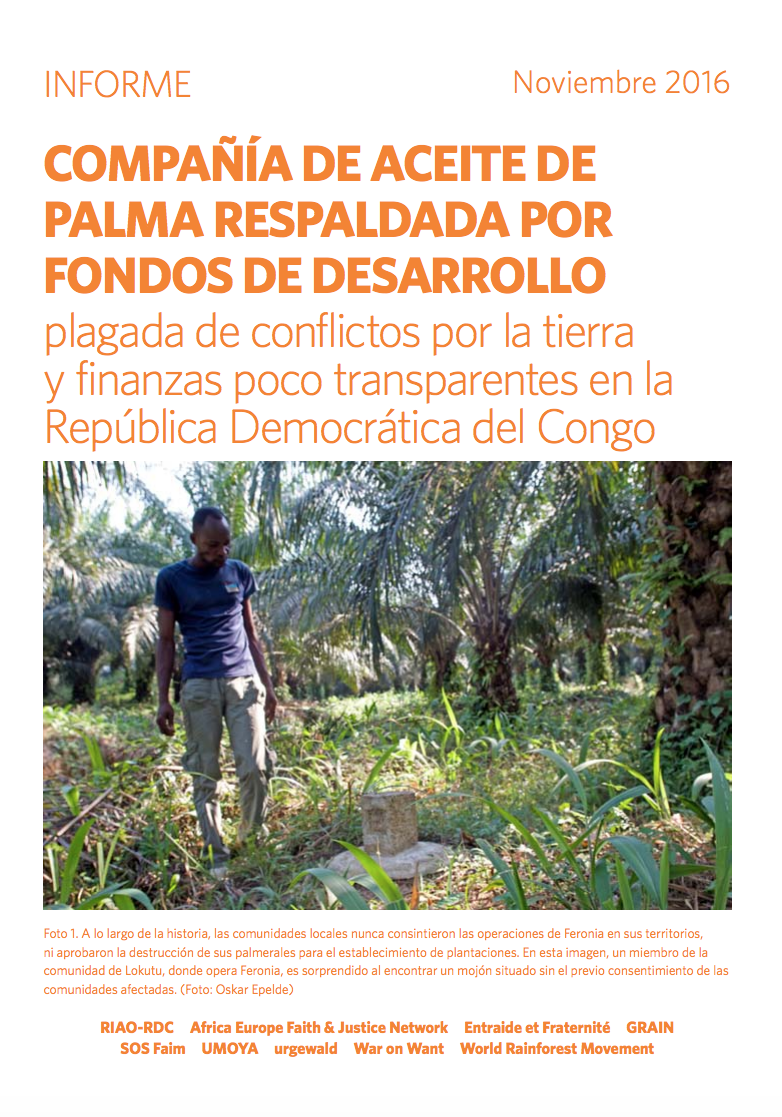Conflicts, security and marginalisation: Institutional change of the pastoral commons in a 'glocal' world
This paper argues that pastoral commons are under increasing pressure not just from overuse by pastoralists themselves, but from land management policies. Since colonial times, these have been based on a persistent misconception of the nature of pastoral economies and combined with increasing land alienation and fragmentation through government policies and covert privatisation of pastures.







